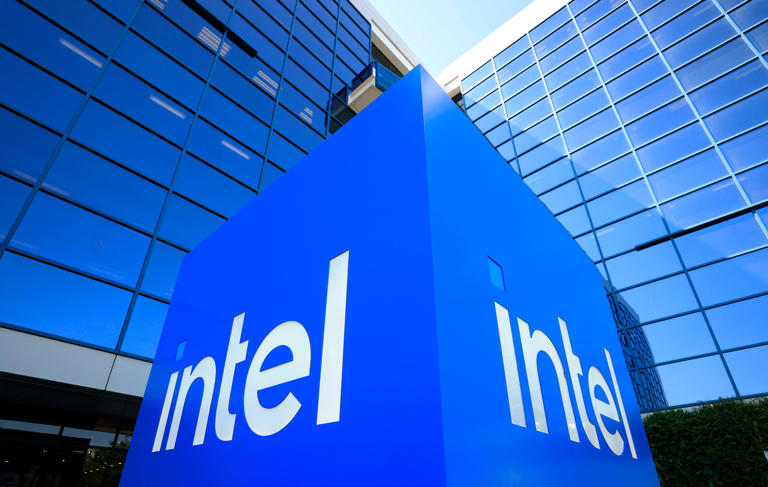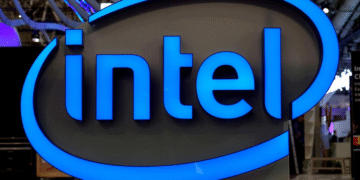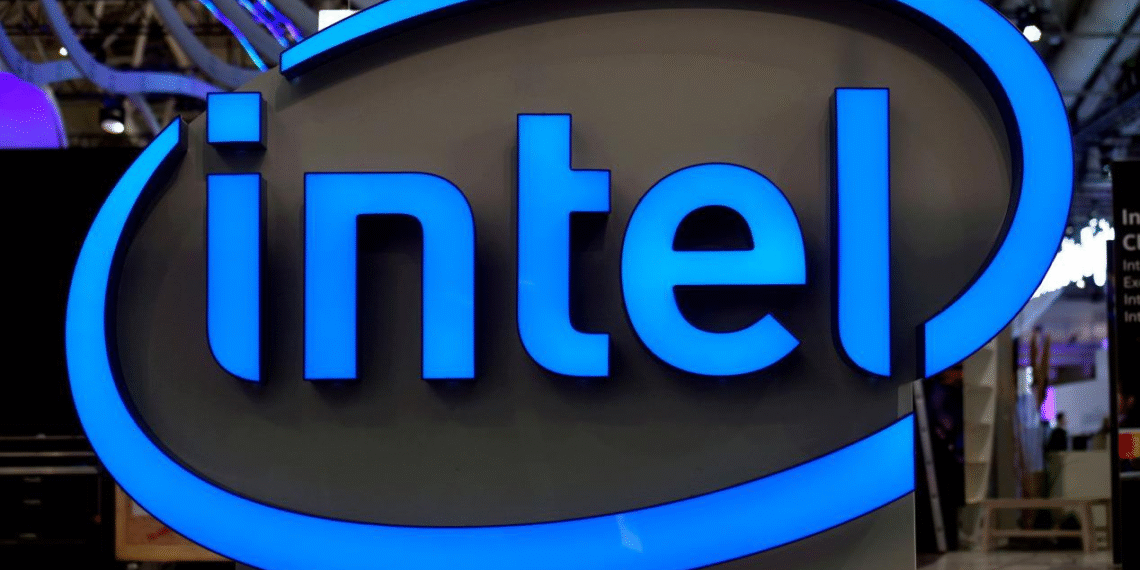It was a sunny Thursday in Santa Clara when a ripple ran through the tech world. Intel — the one-time king of chips that helped power the internet revolution — suddenly saw its shares leap more than 7% in late-day trading. The reason? Bloomberg had just dropped a bombshell: the Trump administration was reportedly in talks to take a direct stake in Intel. Yes, you read that right — the U.S. government might literally buy into one of America’s oldest tech giants.
The whispers began after a private meeting between President Donald Trump and Intel’s CEO, Lip-Bu Tan, earlier in the week. According to sources, the two men explored a rather unusual arrangement: the government would inject money into Intel in exchange for equity. The goal? Help Intel open a long-delayed manufacturing facility in Ohio and regain its competitive edge against rivals who have been beating it to each new tech milestone.
The idea is still on paper, but its implications are huge — not only for Intel but for the broader U.S. tech industry.
Behind the scenes, this wasn’t just about chips. The White House has been on a mission to boost domestic manufacturing of critical technologies like semiconductors and AI data centers. Insiders say that if this deal happens, it could become a template for similar investments in other strategic American companies. In other words, Intel might be the test case for a more hands-on government approach to safeguarding national tech leadership.
Officially, everyone’s playing it cool.

“Discussion about hypothetical deals should be regarded as speculation unless officially announced,”
said White House spokesman Kush Desai.
Intel’s PR team didn’t deny the talks outright but also refused to confirm anything. Instead, they doubled down on their loyalty to the president’s manufacturing agenda:
“We are deeply committed to supporting President Trump’s efforts… but we are not going to comment on rumors.”
For Tan, who only took over Intel in March, the stakes are personal. He’s already had to make tough calls, including laying off 15% of Intel’s workforce to stabilize the company. Just days earlier, Trump had publicly called for Tan’s resignation over alleged ties to China — a dramatic twist that made their Monday meeting all the more surprising. And yet, Trump emerged calling it “very interesting” and praising Tan’s “amazing story.”
If the deal goes through, it wouldn’t be the first unconventional corporate tie-up for Trump’s administration. Just last month, MP Materials, a rare-earth materials company, announced a multibillion-dollar investment and purchase package from the U.S. Department of Defense to expand magnet manufacturing.
This week alone, chip rivals AMD and Nvidia agreed to pay the government 15% of their China sales revenues in exchange for export licenses — all after meetings with the president.
For young people watching this from the sidelines, there’s a clear takeaway: industries and careers can turn on a single conversation. Tan went from being asked to resign to sitting across from the president, negotiating the possible revival of one of America’s most iconic tech brands. In fast-changing environments, adaptability, resilience, and knowing when to seize the moment can be the difference between fading away and leading the future.
No one knows whether the Intel–White House deal will actually be signed. But even the rumor has shifted the conversation about how America treats its tech champions. If it happens, it could mark the beginning of a new era — one where Washington doesn’t just regulate Silicon Valley but invests in it. And for Intel, that could mean more than a stake — it could mean a second chance.
















